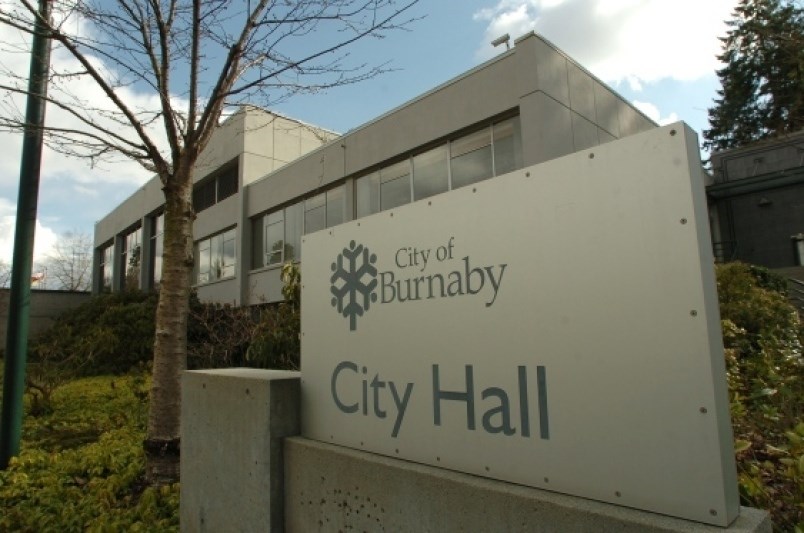The City of Burnaby has announced an annual surplus that is “quite high” – according to a city statement – of more than $432 million at a time when its financial plan includes a 2.95% property tax increase.
For taxpayers wondering why taxes would still go up this much despite such a big surplus, the City of Burnaby has offered the NOW some explanations.
The annual surplus in 2021 is $432.4 million, far higher than in 2020 when it was $139 million and in 2019, when it was $112.9 million, said an email from Chris Bryan, head of communications for the city.
“In general, this fluctuation is influenced in large part by the amount of development that reaches the council approval stage in a given year,” said Bryan.
Of the 2021 surplus, for example, $341.7 million was contributed to the city by developers, as required through the Community Benefit Bonus Policy.
“Last year was unusual – in 2019 we did not receive any developer contributions, and in 2020 it was only $17.6 million,” Bryan said. “We make our best estimate, but the timing of projects depends on the readiness of individual developers’ projects to advance through rezoning.”
Bryan said these contributions are held in capital reserves that are specifically set aside to fund new community amenity projects, such as the Cameron Community Centre and Library, Burnaby Lake Aquatic and Arena Facility, and Rosemary Brown Arena.
“These capital reserves also fund the city’s investments in non-market housing and more,” Bryan said. “The City’s current capital plan is ambitious, with plans to spend about $504 million on major new facilities over the next five years. In municipal accounting, this surplus isn’t extra money. But since we are not spending the money in the same year we collect it – instead transferring it into our savings account – we are required by the province to report it as surplus. The city’s reserves save money for Burnaby taxpayers. By setting aside these funds, the city can build community amenities and infrastructure without borrowing and incurring debt charges. This stability also allows the city to keep tax increases consistently among the lowest in the region.”
Residents are being invited to email their comments and questions to [email protected] by April 29 to be shared with council.
The 2022-2026 financial plan includes a 2.95% or a $54 property tax increase for a residential property assessed at $1,227,084 and an $836 property tax increase for a business assessed at $5,747,236, said the city. As well, the plan includes a 2.0% increase for waterworks utility and 2% increase for the sanitary sewer fund.
The city has outlined a number of reasons for why costs are rising.
“The property tax increase of 2.95% reflects the higher-than-anticipated RCMP collective agreement settlement, in addition to other inflationary impacts, while maintaining core services and programs,” says a city statement. “As the COVID-19 pandemic continues to cause uncertainty and challenges, staff continue to ensure the city follows provincial health orders while monitoring financial implications. In combination with the challenges caused by COVID-19, the city is experiencing high inflation, which experts are predicting may go beyond 2022. These circumstances, along with supply chain disruptions and other cost escalations will need to be managed operationally and financially in the coming years to ensure their impacts are mitigated.”
The city’s total expenditure budget, which includes both operating and capital activities, for 2022 is $878.3 million, said the city. The 2022 operating expenditure budget is $585.1 million.
For the future years of 2023 to 2026, the city’s plan incorporates a property tax rate increase of approximately 4% per year.
Follow Chris Campbell on Twitter @shinebox44.



